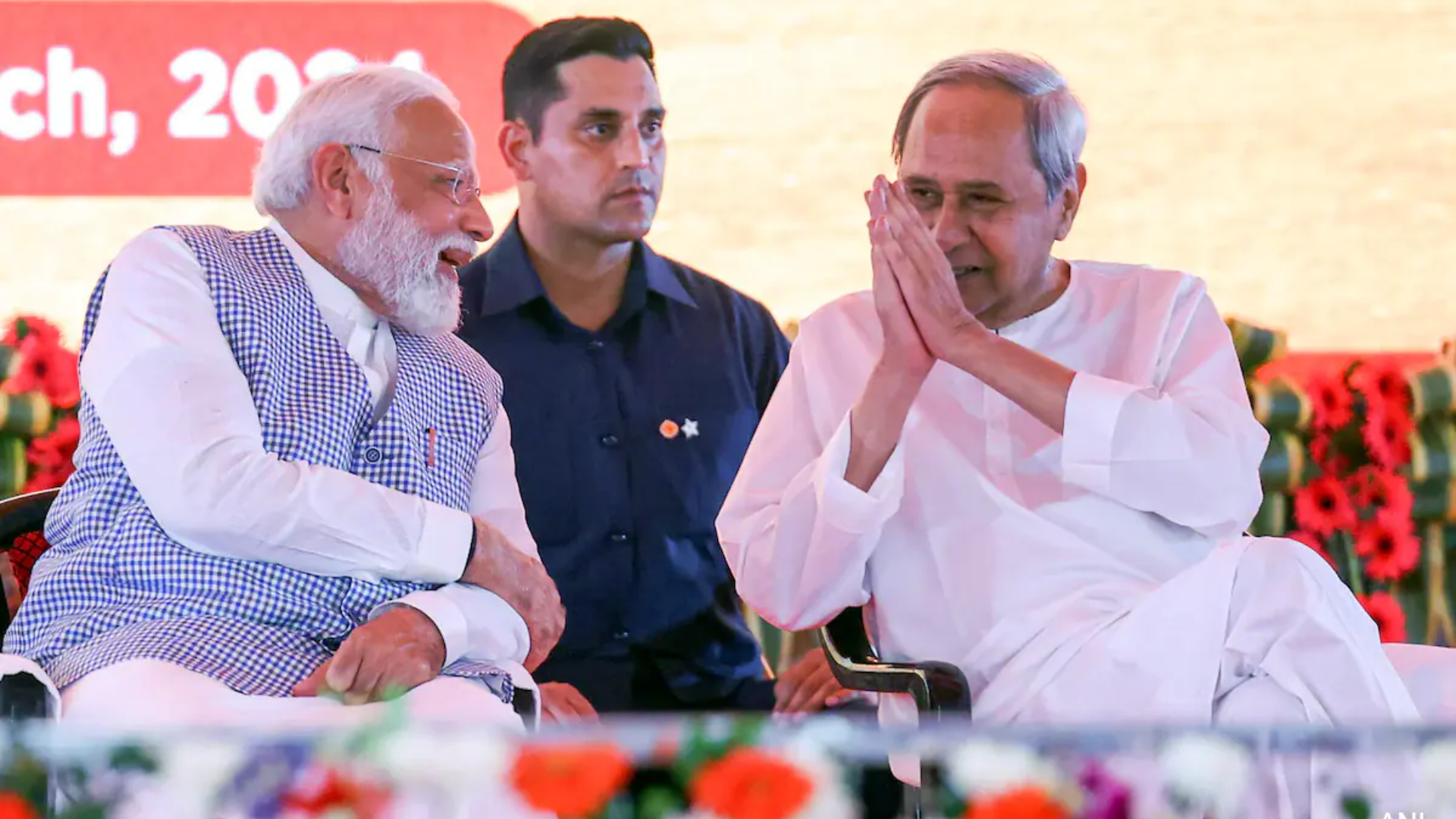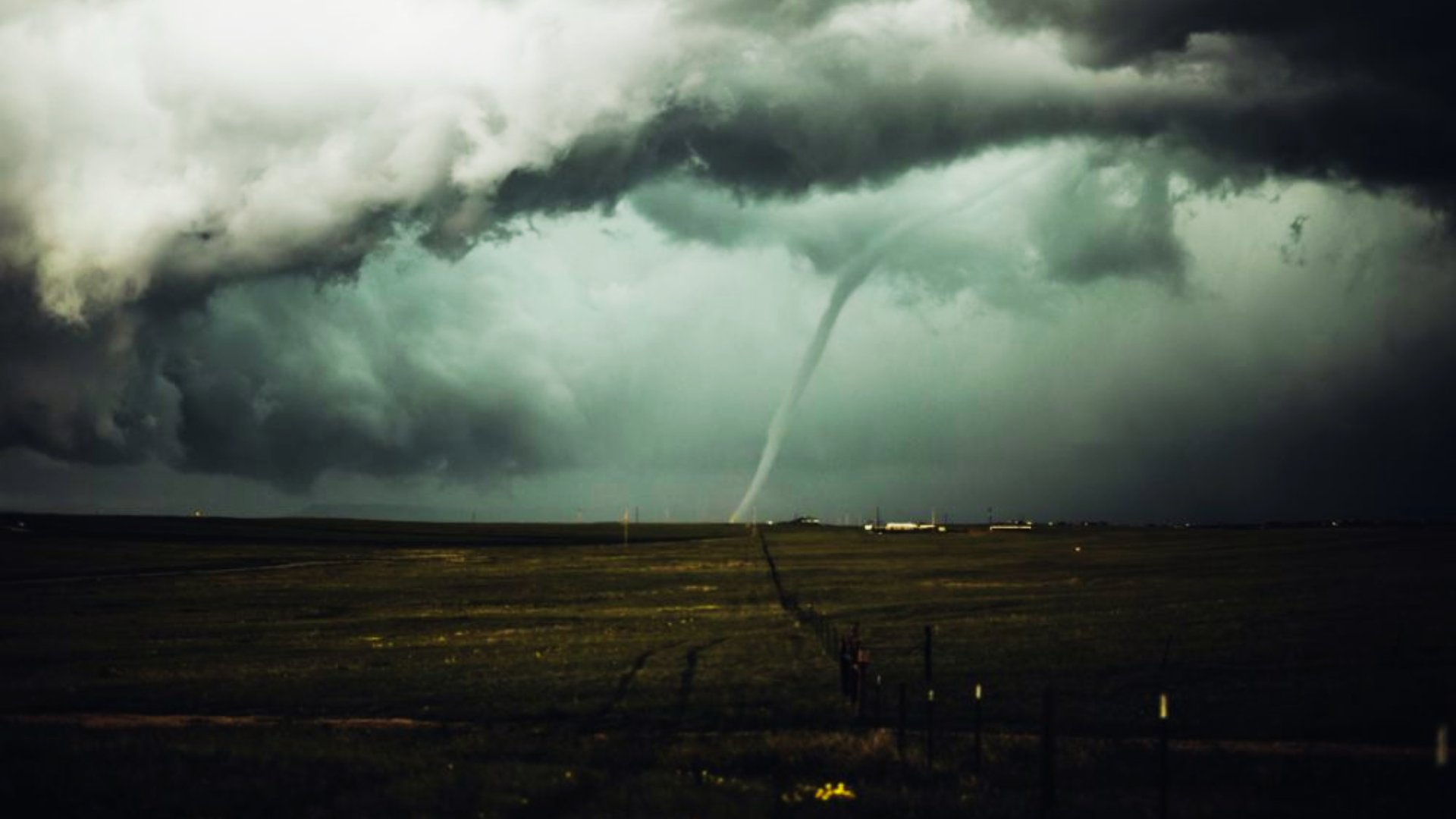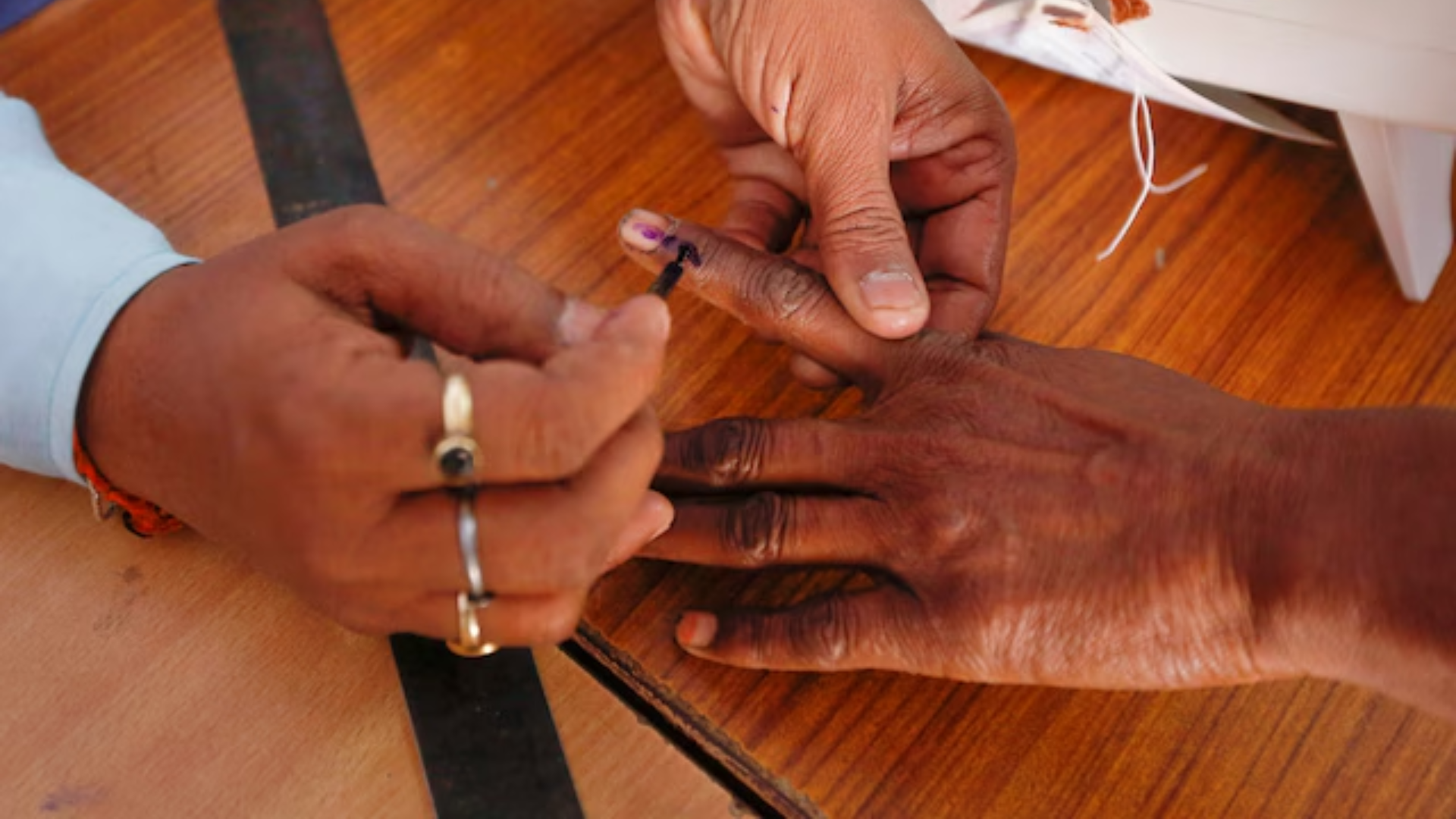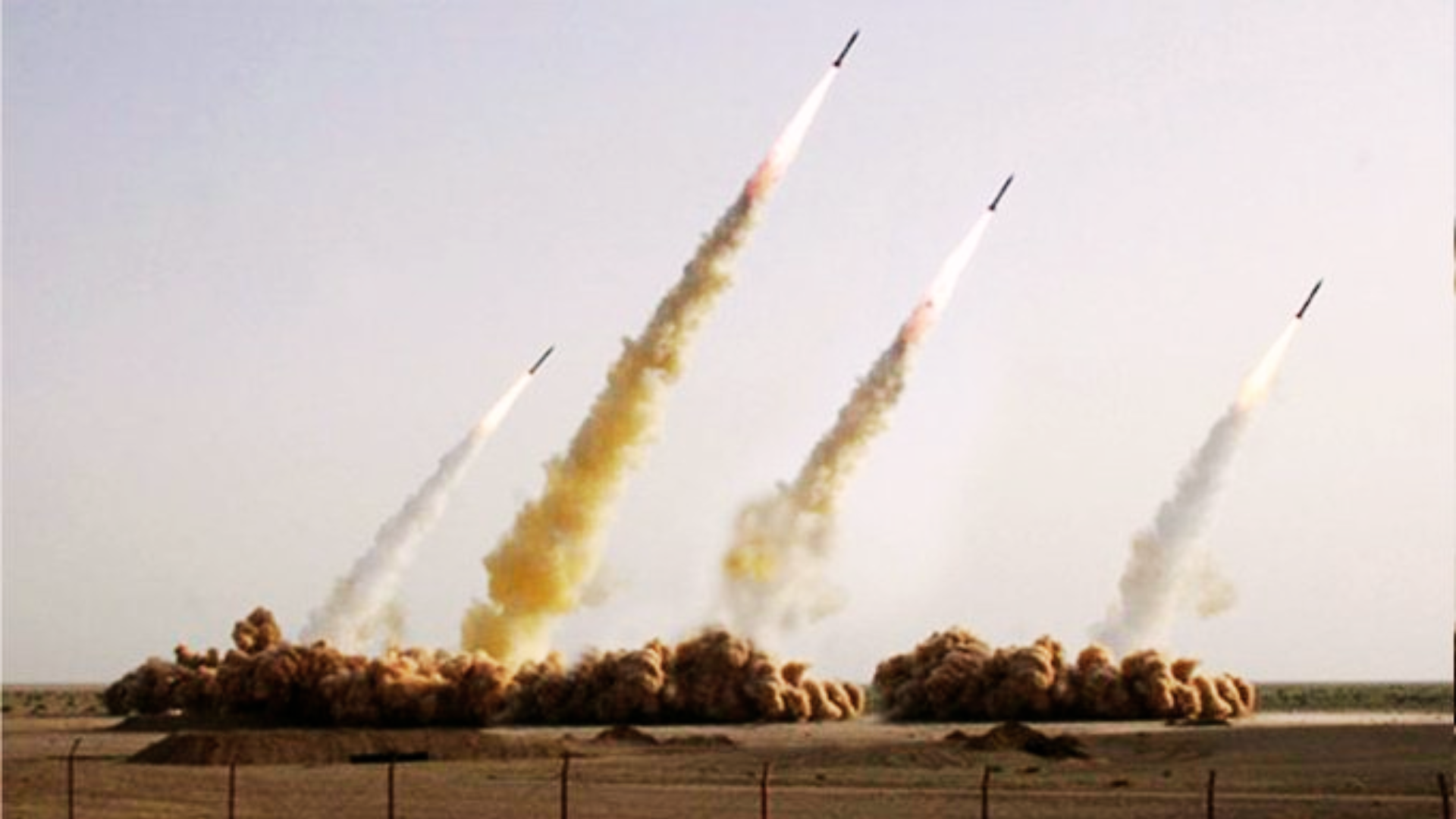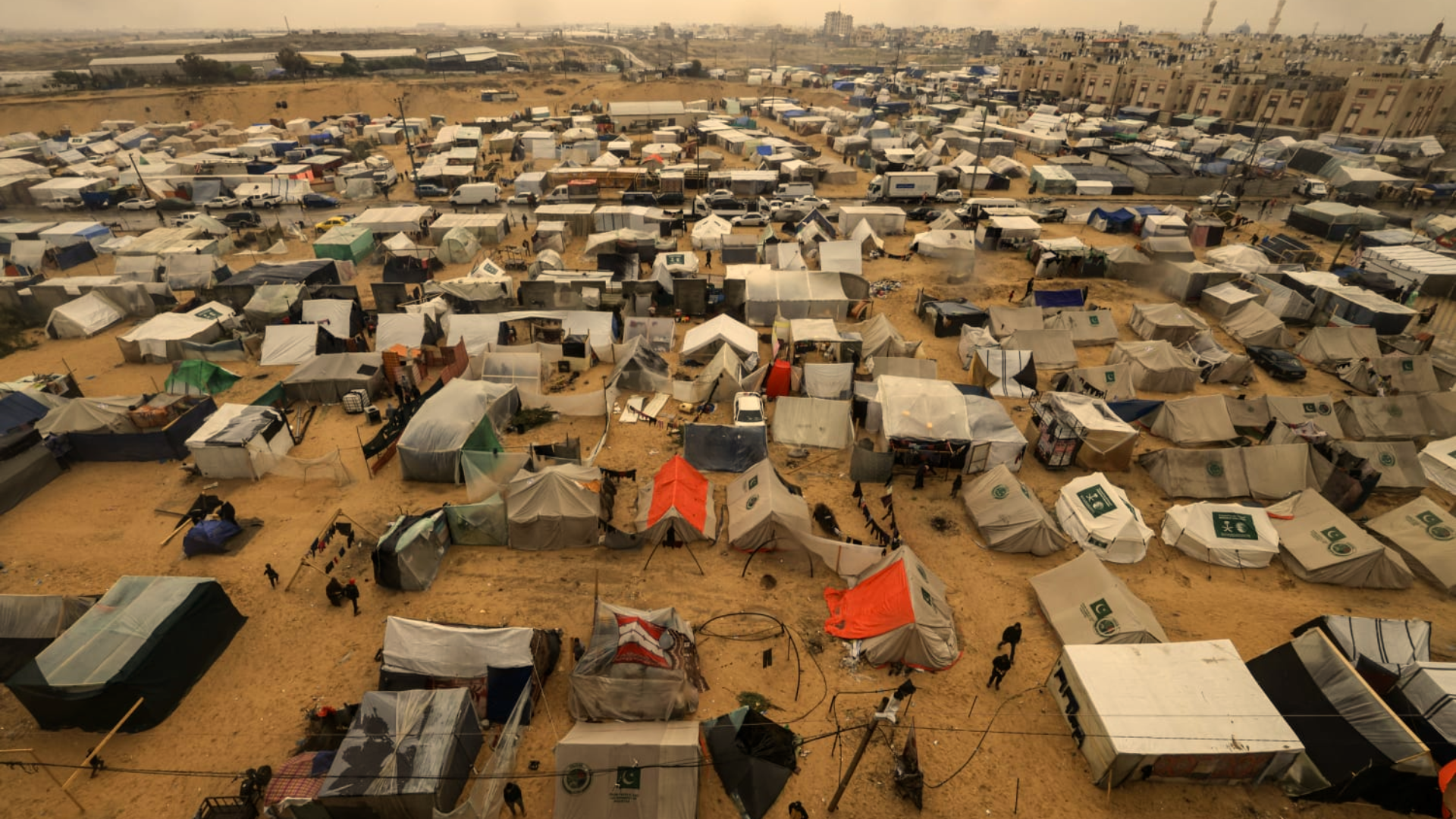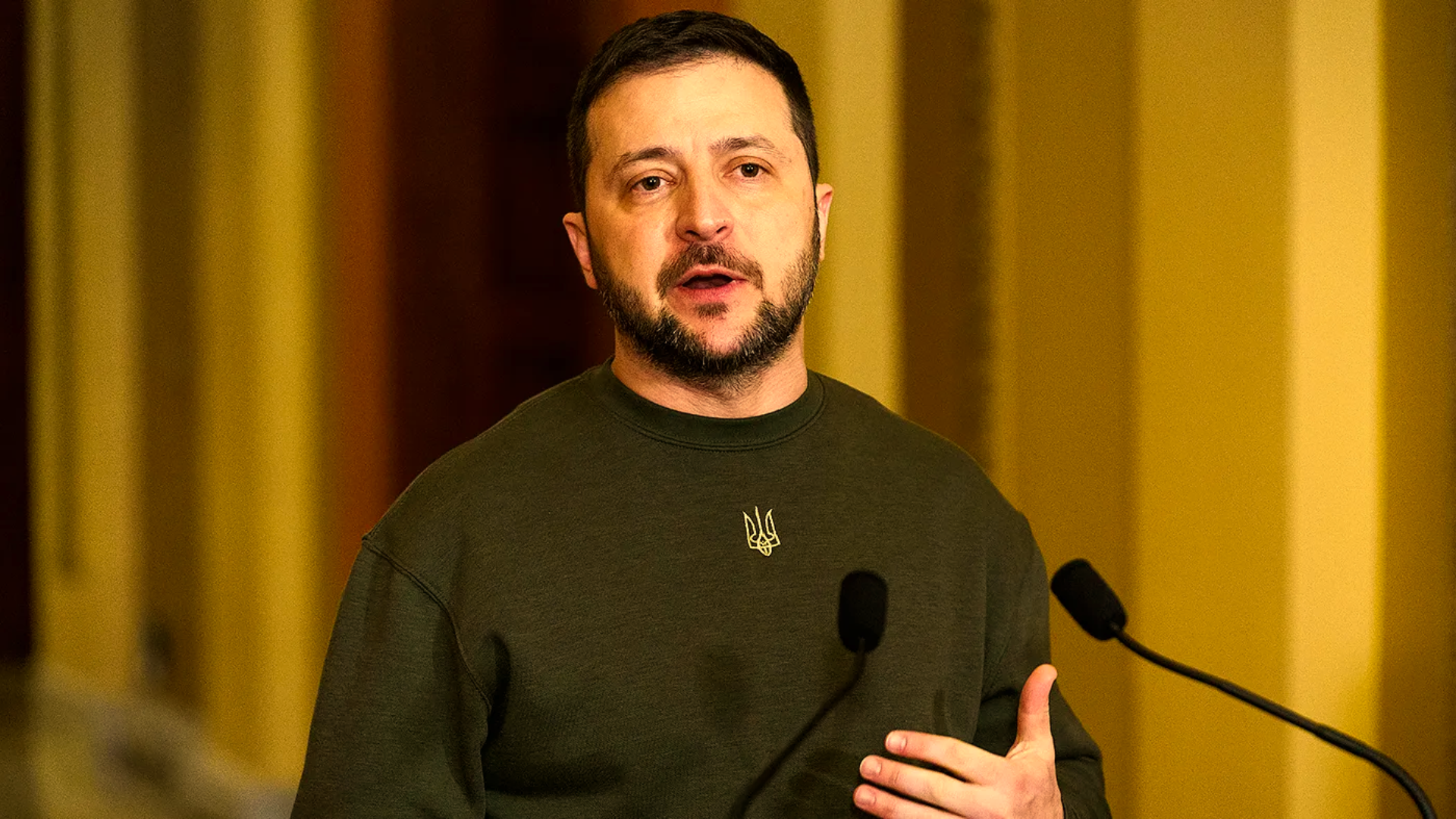


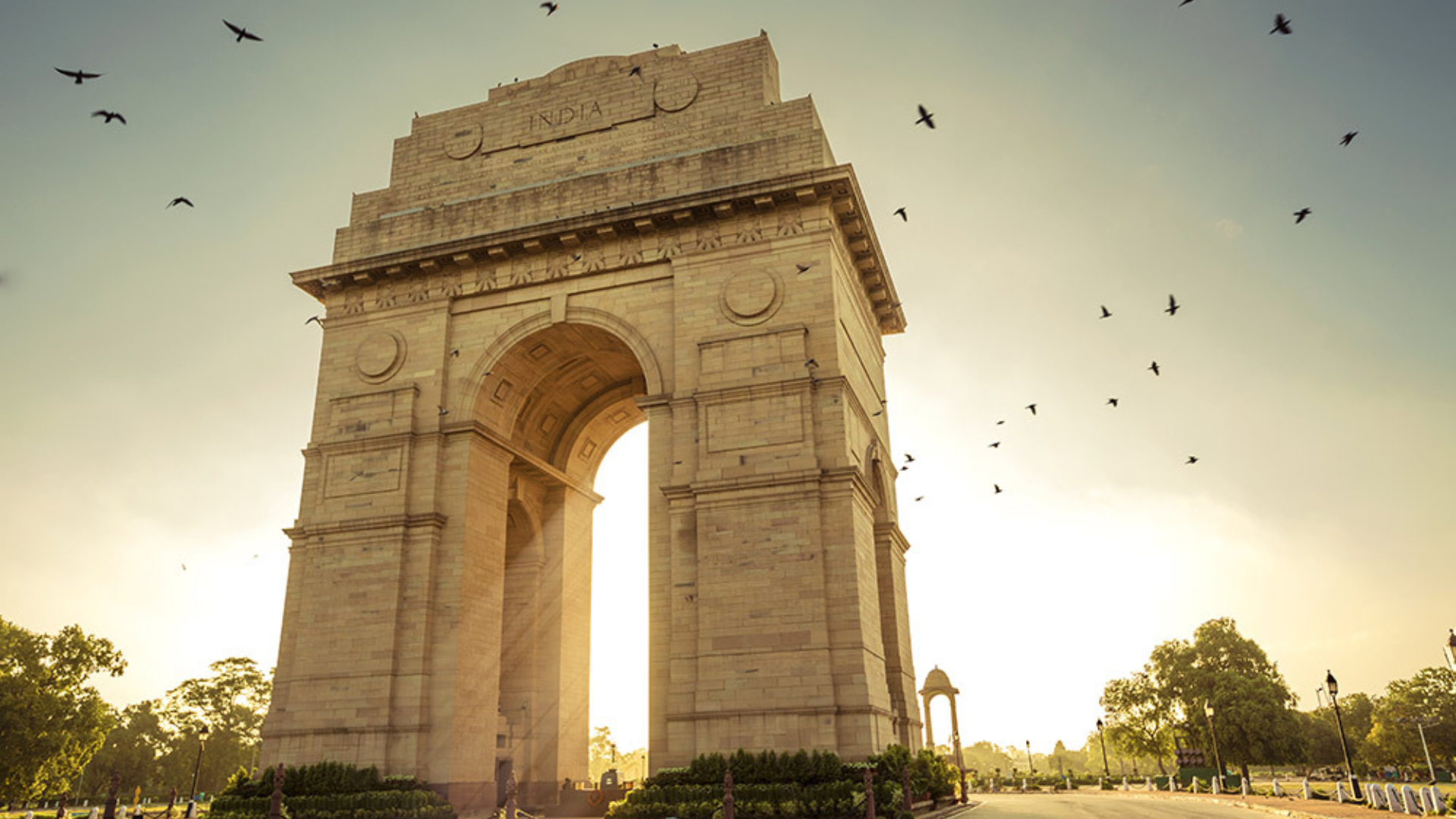

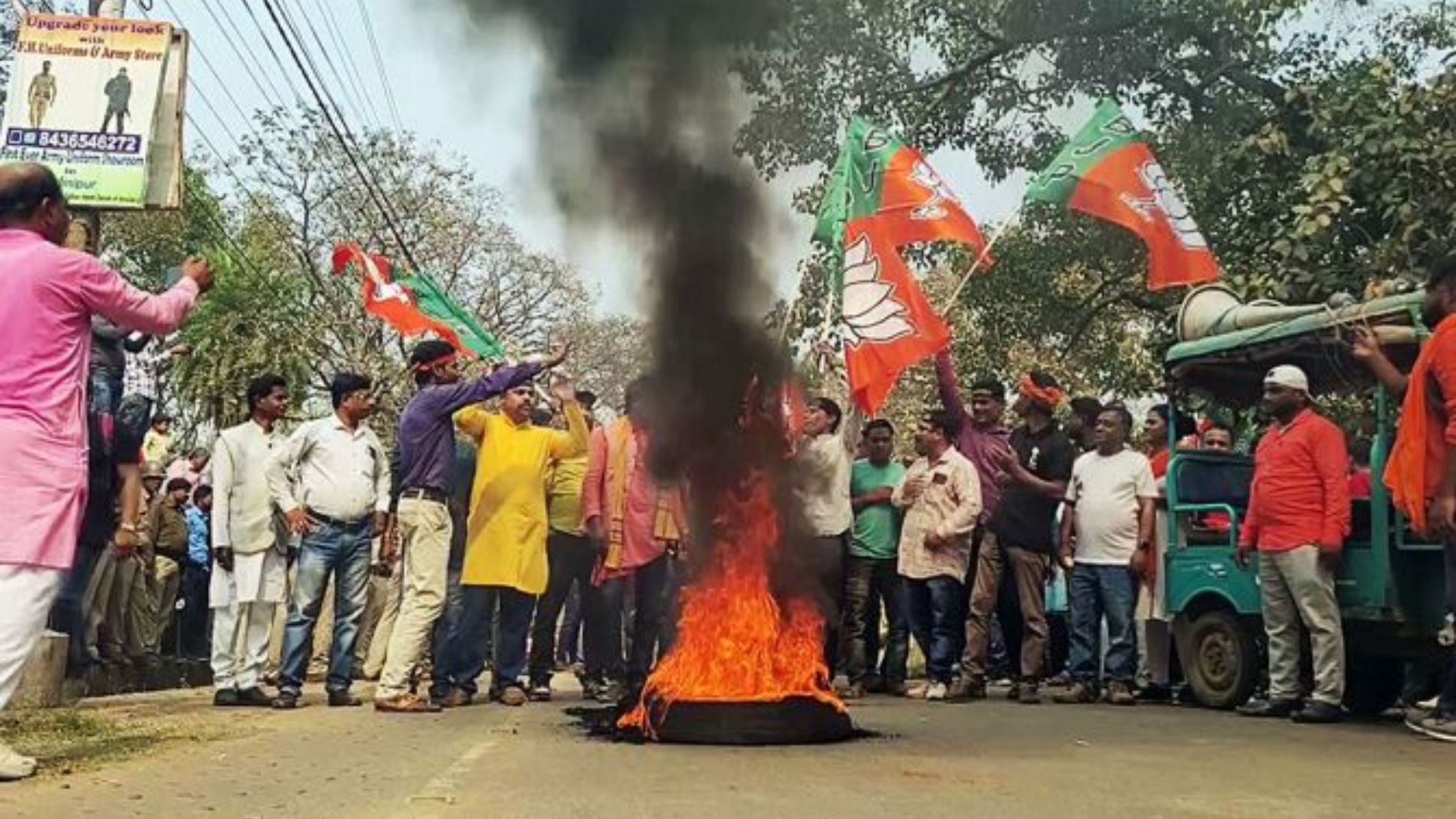
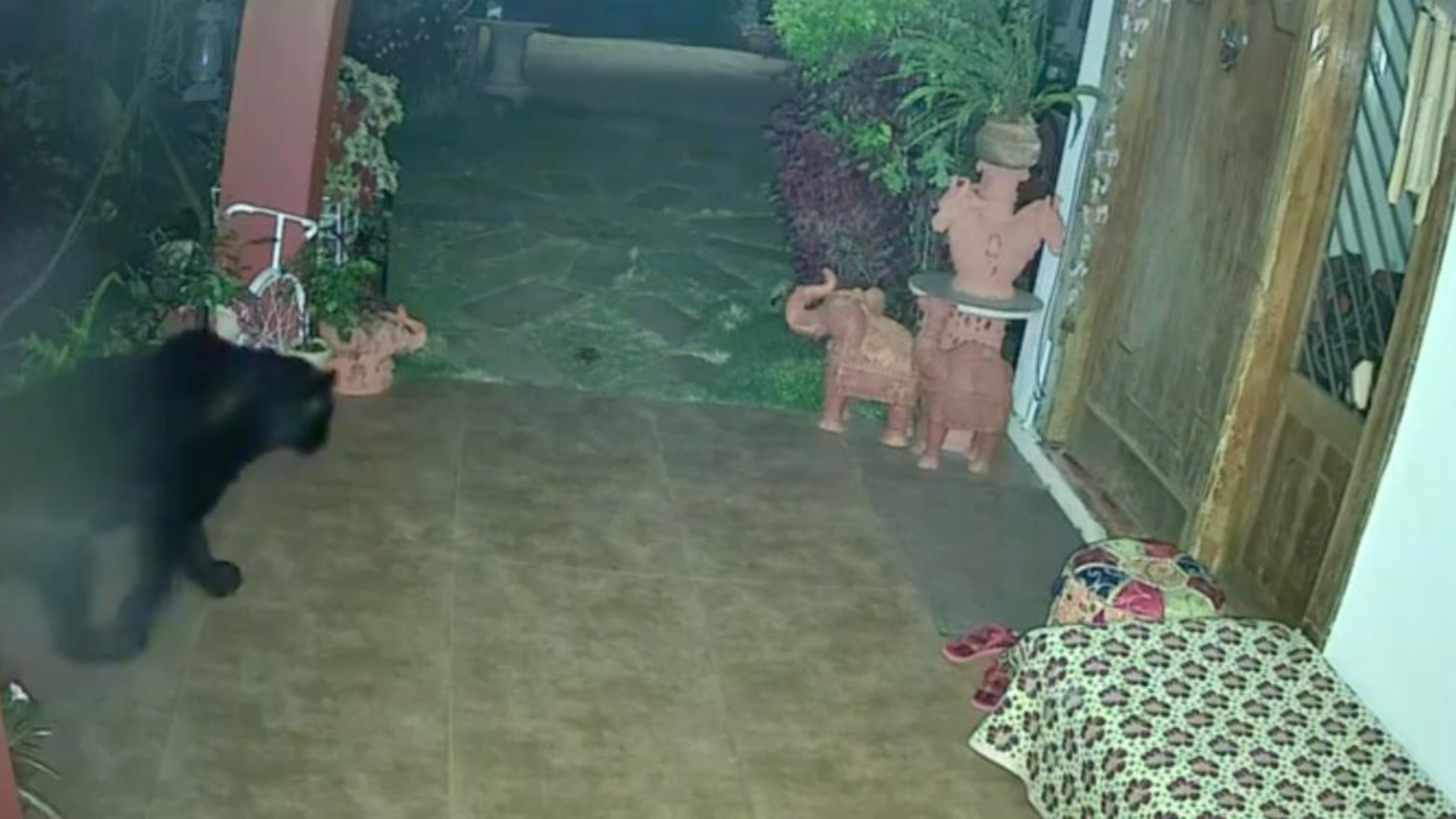
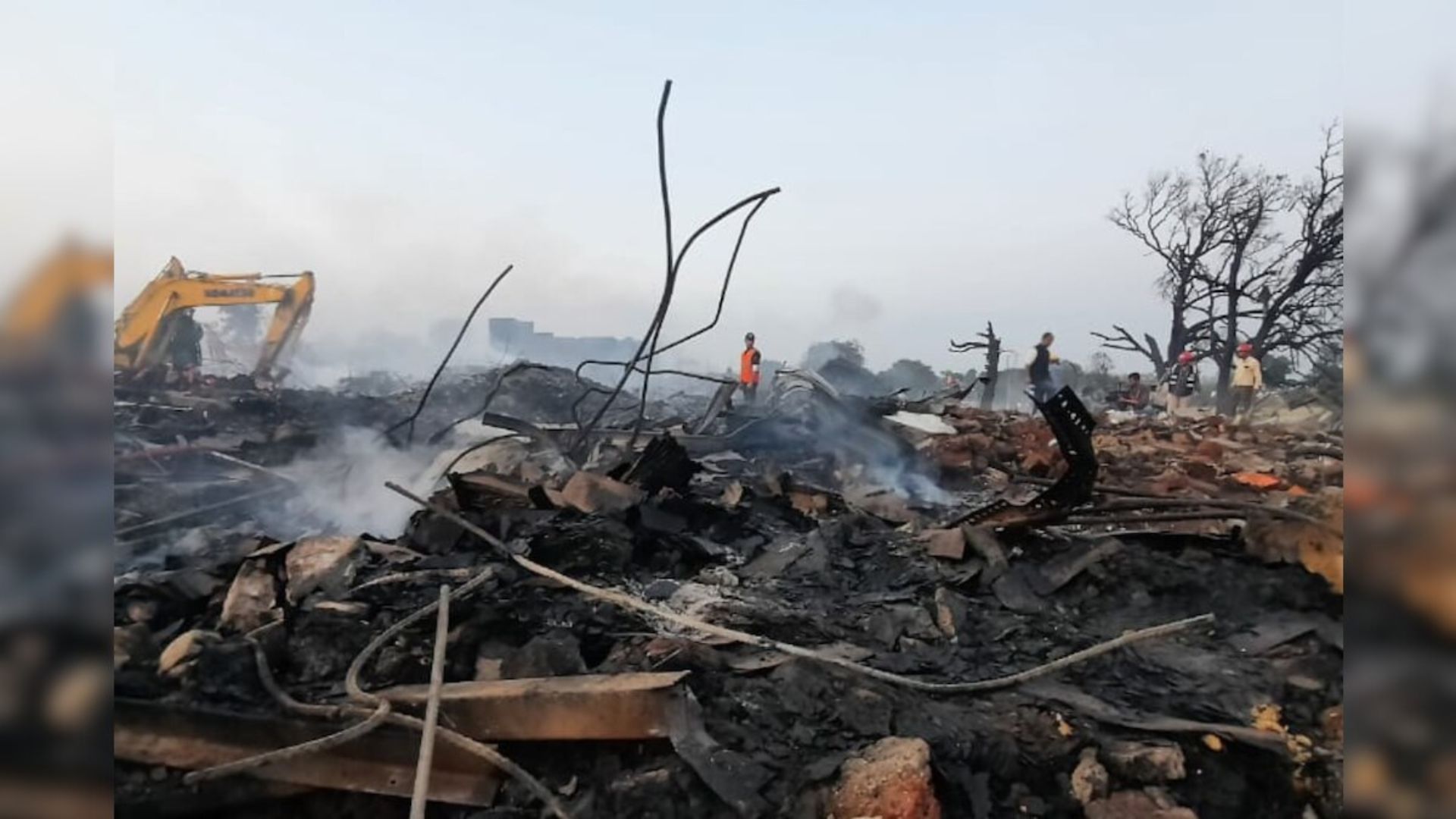
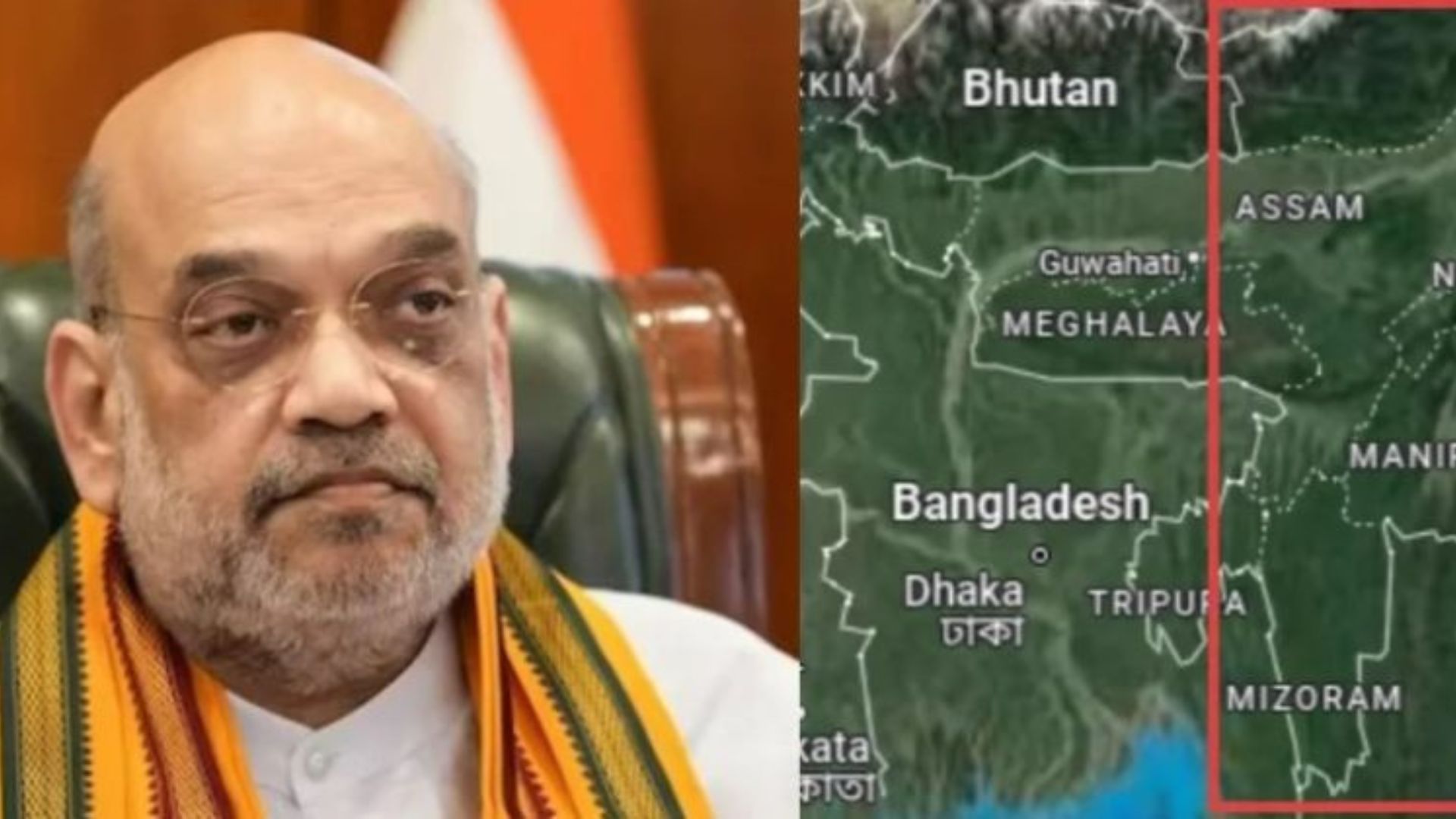


The issue of Khalistan has been a thorn in the India-Canada ties over the last few years. The presence of convicted Khalistani terrorist Jaspal Atwal saw the Indian government give a cold shoulder to Canadian PM Justin Trudeau. The Canadian government allowing the Khalistan referendum organised by the terror outfit Sikhs for Justice proved to be the last straw.
In response, the Indian government issued a travel advisory for students traveling to Canada or staying there. The advisory asked for students to exercise due caution and stay vigilant.
The travel warning was issued a day after India protested vehemently against the Khalistan referendum conducted by the pro-Khalistani organisation Sikhs For Justice (SFJ) conducted in Ontario. At the weekly media conference, Arindam Bagchi declared, “A ludicrous exercise was staged by the extremists and extreme forces supporting the so-called Khalistan Referendum in Canada and elsewhere.” Through diplomatic channels, the subject has been brought up with Canadian authorities.
The Canadian government has stated again that it respects the territorial integrity and sovereignty of India and that it would not recognise the so-called Khalistan Referendum being held in Canada. Social media images give the impression that many people attended the referendum.
The travel advisory issued did acknowledge the event and stated the advisory was issued as there was a sharp rise in incidents of hate crime, sectarian violence, and anti-India activities in Canada.
The Ministry of External Affairs and our High Commission/Consulates General in Canada brought up these occurrences with the Canadian authorities and asked them to look into the alleged offences and take the necessary legal action. According to the advisory, the criminals responsible for these atrocities have not yet been brought to justice in Canada.
‘Canadian Khalistani’ radicals vandalised the BAPS Swaminarayan temple in Canada a few weeks prior with anti-India graffiti. The Indian High Commission tweeted on September 15: “We vehemently condemn the anti-India graffiti that was written on the BAPS Swaminarayan Mandir in Toronto. have asked the Canadian authorities to look into the event and act quickly against anyone responsible.”
The downgrading of diplomatic ties between India and Canada has had an adverse impact on the students. The government has released other advisories in the past, regarding the visa problems that Indian students frequently face. Indian students go to Canada in big numbers. According to MEA data, 60,258 Indians made the decision to pursue their studies in Canada during the first half of this year. Due to the lengthy processing times for visas, this has been a particularly challenging one for Indian students traveling to Canada.
The Indian High Commission engaging with Canadian authorities issued an advisory. It urged the Canadian authorities to speed up the processing of visa applications for Indian students by highlighting these problems and the fact that these students had already paid tuition to Canadian universities.
Concerns about Khalistan are not brand-new. Since 1980, this has been a problem for the two nations. India has made its reservations about Khalistani radicalism apparent to successive governments. A Canadian think tank published a report in 2020 showing that support for the Khalistani movement emerges from Pakistan. The Canadian government has not made much progress on the issue.


